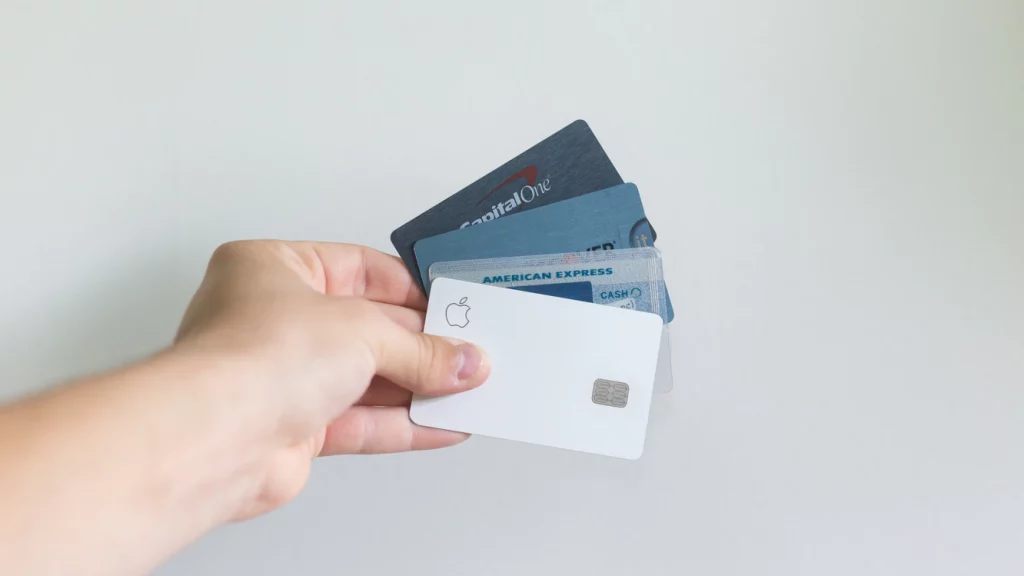Hey, did you forget something? Like making your credit card payments? Did you totally snooze on those Student Loans still outstanding?
If so, you most likely have a bad credit score. A credit score of 620 or less puts you in a higher risk category. A score of 760 or above makes you pure gold to lenders. But if any of the above scenarios sounds more like your credit history, you’re not going to be popular at the loan company.
How can you find out your credit report? Do NOT go to www.freecreditreport.com. Even though the commercial jingle is really catchy; remember that anything that seems too good to be true usually is.
You may get a free credit report but you will also be automatically enrolled in their Triple Advantage Credit Monitoring club and if you don’t read that in the fine print you’ll be charged $12.99 a month until you figure it out.
Ok, you’ve gotten your report. Not so good, eh? What can you do about it? If your credit report contains more horror stories than a collection of Stephen King novels, you are going to have to take some action before you’ll ever get a fair shake at a low interest rate- that is if you can manage to get a loan at all.
First, you should know how your score is calculated. It’s something like this:
- 35% payment history
- 30% amount owed
- 15% length of credit history
- 10% new credit accounts
- 10% the type(s) of credit you utilize
Additionally, your debt to income ratio (as in how much you make vs. how much you owe) as well as your credit to debt ratio (as in how much available credit you have vs. how much you owe) come heavily into play as well.
When you receive your reports from the various reporting agencies, make sure each of the negative items is valid. If not, dispute them immediately with the creditors. If the negative items are valid, you’ll need to take a different approach.
For one thing, never use a Credit Repair Company. They are very limited by law in what they can actually do for you and anything they can do for you, you can do for yourself for free.
Only you can legitimately take steps to repair damaged credit. Anything already on your report will remain for seven years after it has been reported, so your only recourse is to start here and now to add positive credit actions to your report. You can do this by following the advice below.
First of all NEVER default on your Student Loans. These loans are federal and will never go away. They will follow you, your property and your paycheck for the rest of your life. If you are in arrears with your Student Loans, try to make payment arrangements and keep your end of the deal.
Going forward, consistently pay your bills on time. Being in good standing with your current bills is a big plus in credit scoring. Even late utility payments are noted on your report. The phone and electric companies know how to hold a grudge.
Keep your older credit cards to use sparingly, while paying down or off your newer ones. The older your credit history, the better. Keep a low balance on these older cards but establish an on time payment history and keep it going to add a few brownie points to you score.
If you haven’t already, don’t max out your credit cards. Using one third the capacity of your credit card will lower your score considerably. One half will knock it down even more and maxed out will kill you.
If you have maxed out your credit cards and are late on the payments, get yourself a second job if necessary and pay those down, close them out and make sure your credit reports indicates “closed by consumer.”
If all else fails, wait seven years and start again! You won’t make the same mistakes now that you know how to maintain a good credit score and you’ll be driving a hot new car and living in your dream house before you know it!

